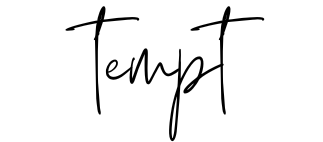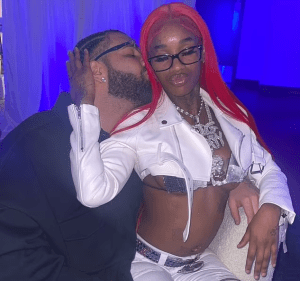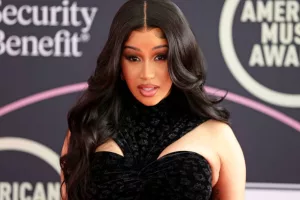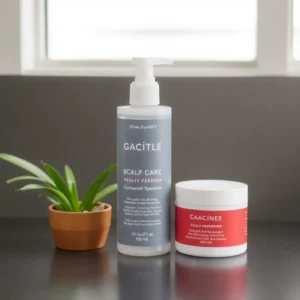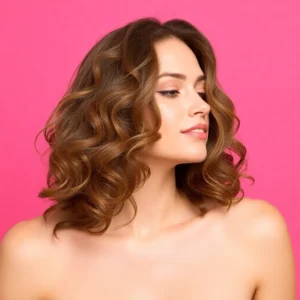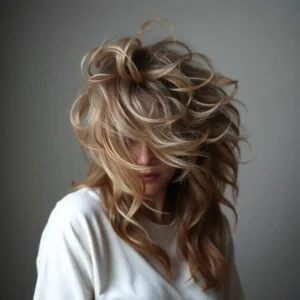Hair loss can be a real pain in the ass. It can make you feel like less of a person, reducing your confidence and lowering your self-esteem. It’s a problem that affects both men and women and can be caused by a variety of things like genetics, hormonal changes, stress, nutritional deficiencies, and certain medications.
Thankfully, there are several hair loss treatments that have been proven to work. In this article, we’ll take a look at 7 effective hair loss treatments that can help you regain your hair and boost your confidence.
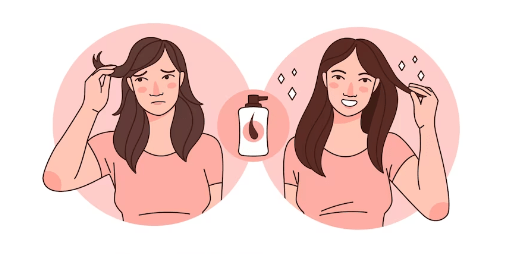
1. Hair Loss Treatments: Minoxidil
When it comes to hair loss treatments, there are several options available that have been proven to work. One of the most common hair loss treatments is Minoxidil. Minoxidil is an over-the-counter treatment that is FDA-approved and comes in the form of a liquid or foam that is applied directly to the scalp.
Experts recommend using Minoxidil as a hair loss treatment because it works by widening blood vessels in the scalp, which allows more oxygen, blood, and nutrients to reach hair follicles. This promotes hair growth and prevents further hair loss. However, it is important to note that Minoxidil can take several months to show results, and it needs to be used continuously to maintain the benefits.
According to a study published in The Pharmaceutical Journal, it is recommended to use minoxidil for at least 3 months before evaluating its effectiveness in promoting hair growth. Experts in the field of hair loss treatment also suggest using minoxidil as a topical hair loss treatment. Minoxidil was originally developed as a drug to treat high blood pressure, but its hair growth-promoting properties were discovered later. Today, minoxidil is widely used as an over-the-counter hair loss treatment that is FDA-approved. The Mayo Clinic also provides guidance on the proper use of minoxidil, including advice on using it in conjunction with other hair treatments like coloring or permanents.
2. Hair Loss Treatments: Finasteride
Finasteride is a prescription medication that is frequently used for treating male pattern baldness. According to experts, this medication inhibits the production of dihydrotestosterone (DHT), which is the hormone responsible for hair loss in men. However, it can take up to six months for Finasteride to show results. One crucial thing to keep in mind is that Finasteride should not be used by pregnant women or women planning to become pregnant.
Possible Side Effects of Finasteride
Finasteride is a prescription medication commonly used to treat male pattern baldness. However, it is important to be aware of the potential side effects associated with its use. Here are some of the side effects that may occur while taking finasteride:
- More common side effects may include chills, cold sweats, confusion, dizziness, faintness, or lightheadedness when getting up suddenly from a lying or sitting position.
- Less common side effects may include bloating or swelling of the face, arms, hands, lower legs, or feet.
- Sexual side effects of finasteride may include decreased interest in sex, trouble getting or keeping an erection, trouble having an orgasm, abnormal ejaculation, or breast swelling or tenderness. It’s important to note that these sexual side effects may continue even after stopping the medication.
If you experience any of these side effects while taking finasteride, it is important to consult with your doctor immediately.
3. Hair Loss Treatments: Low-Level Laser Therapy
Low-Level Laser Therapy (LLLT) is a non-invasive treatment that uses red light to stimulate hair growth. While LLLT is considered safe when used properly, it is important to note that there may be some potential side effects and precautions to consider.
According to Chopra, there are no known side effects of LLLT when used properly. However, they note that there are some useful guidelines that should be followed to minimize the risk of potential side effects. These guidelines include not receiving LLLT over the thyroid, wearing protective eyeglasses during LLLT, and avoiding LLLT if you are pregnant, as the effects of laser therapy on a fetus are unknown.
It is worth noting that a systematic review of the literature published in Lasers in Medical Science found that there is a wide divergence regarding the wavelengths and doses used for LLLT. Each variation leads to different results, with some studies showing positive effects and others showing negative ones. In another study, the authors suggest that laser therapy has many benefits in medicine but presents a few complications that should be considered.
4. Hair Loss Treatments: Hair Transplant Surgery
One of the most effective hair loss treatments is hair transplant surgery. Hair transplant surgery involves removing hair follicles from one part of the scalp and transplanting them to the bald or thinning areas. This procedure provides natural-looking results that can boost self-confidence and improve the quality of life of people suffering from hair loss.
However, hair transplant surgery is an invasive and expensive procedure that requires a significant amount of recovery time. Experts recommend that people considering hair transplant surgery should carefully weigh the pros and cons before making a decision. It is also important to choose a qualified and experienced surgeon who can ensure the best possible results.
Hair loss treatments, including hair transplant surgery, may not be suitable for everyone. The best course of action is to consult with a qualified healthcare provider or hair loss specialist to determine the most appropriate treatment for your individual needs and concerns.
5. Hair Loss Treatments: Platelet-Rich Plasma (PRP) Therapy
PRP therapy is a non-invasive treatment that involves injecting platelets from a patient’s own blood into their scalp to stimulate hair growth and repair damaged hair follicles. This treatment is said to work by delivering growth factors to the hair follicles, which helps to promote hair growth.
According to experts, PRP therapy can be a highly effective hair loss treatment. One study showed that PRP therapy was effective in promoting hair growth in individuals with androgenetic alopecia, a common cause of hair loss. Other studies have also shown that PRP therapy can be an effective treatment for hair loss.
PRP therapy is not a one-time treatment and requires multiple sessions over a period of several months to see the full results. Additionally, the effectiveness of PRP therapy may vary from person to person, and more research is needed to fully understand its long-term effectiveness and potential side effects.
6. Hair Loss Treatments: Supplements
Biotin, iron, zinc, and vitamin D are some of the most effective supplements for hair loss, according to. Biotin is a B vitamin that plays a crucial role in promoting healthy hair growth, and a deficiency in biotin can lead to hair loss. Iron is also essential for healthy hair growth, and a deficiency in iron can lead to hair loss. Zinc is another important nutrient for healthy hair, as it helps to maintain healthy hair follicles. Vitamin D is also important for healthy hair growth, as it helps to regulate the growth and cycling of hair follicles.
7. Hair Loss Treatments: Scalp Massage
Scalp massage is a simple and effective hair loss treatment that can be done at home. Scalp massage helps to improve blood circulation to the scalp, which promotes hair growth and strengthens hair follicles. To perform a scalp massage, use your fingertips to gently massage your scalp in circular motions for 5-10 minutes per day.
In conclusion, these 7 proven hair loss treatments can help you regain your hair and boost your confidence. From Minoxidil to Finasteride, low-level laser therapy, hair transplant surgery, PRP therapy, supplements, and scalp massage, there are plenty of options to choose from. Don’t let hair loss hold you back – try one of these treatments and feel your
